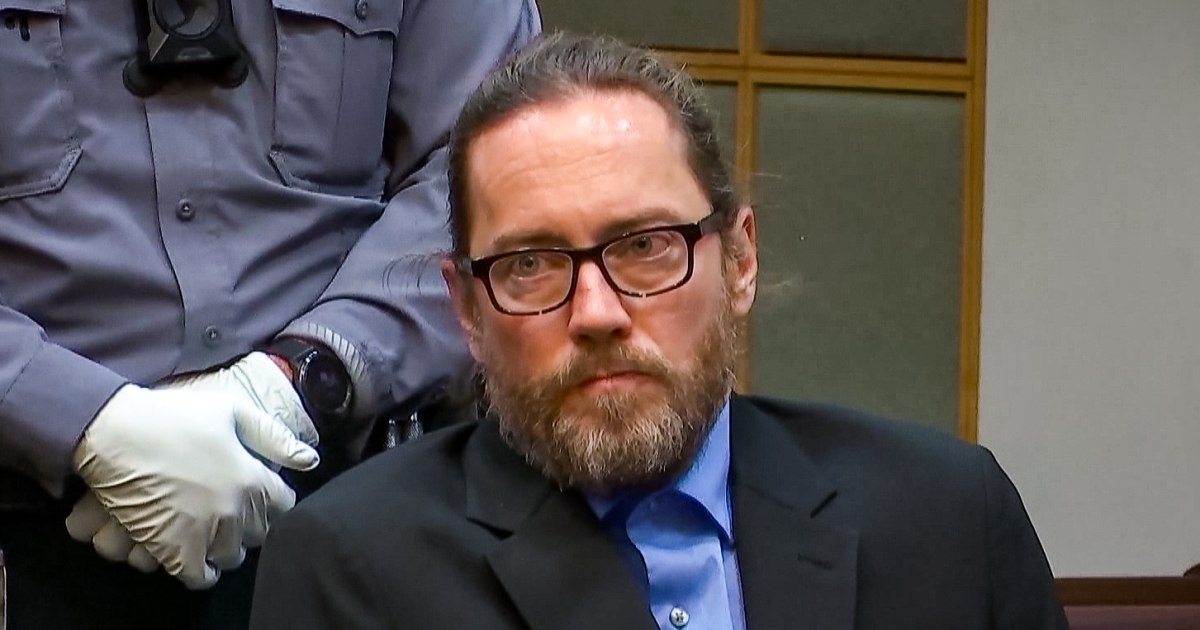A jury convicted a Florida man of first-degree murder Wednesday in the 2018 strangling and beating death of his wife after she refused to appear on a home renovation reality TV show, prosecutors said.
David Tronnes, 55, killed his wife, Shanti Cooper-Tronnes, on April 24, 2018, in the couple’s home in the Orlando neighborhood of Delaney Park, the State Attorney’s Office for the Ninth Judicial Circuit said in a statement Wednesday.



Wow. That is crazy. Glad he is guilty.
I think you mean, “Glad he was found guilty.” I don’t think you are glad he is guilty of killing someone.
you’re glad he did it or just that he was convicted?
Nothing like a little domestic homicide to perk up your friday
Isn’t it the same thing? Innocent until proven guilty?
Being guilty and being found guilty are different things. One happens the moment the crime occurs, the other happens when a verdict is rendered. The law goes by the second one because it doesn’t have a crystal ball to figure out the first.
They’re identical in the eyes of the law.
No they aren’t. Even the law just looks for proof “beyond reasonable doubt” rather than saying it’s objective truth. The law allows for appeals because it knows it’s not right all the time. It’ll deny bail if it believes a person is a danger or flight risk, despite having no conviction yet. It will release names of people charged with crimes, knowing that the public often confuses that with guilt. Prosecutors push for convictions rather than truth.
There’s a lot of ways that you can show that actual guilt and lawful guilt are two different things, even in the eyes of the law itself.
The full quote is “innocent until proven quilty in the eyes of the law.” The court is trying to discover guilt or not, not actually creating it. If you killed someone you killed someone. Whether the court has enough evidence to convict you of it doesn’t matter. You’re either guilty or not of the act. The court mat not find enough evidence to convict you, so they’ll find you “not guilty” (which I’ll note is not finding you innocent). However, just like you might not find your keys, guilt or innocence exists regardless of the findings. Maybe the search just wasn’t good enough. The law just may not view you as guilty if it couldn’t be proven beyond a reasonable doubt.